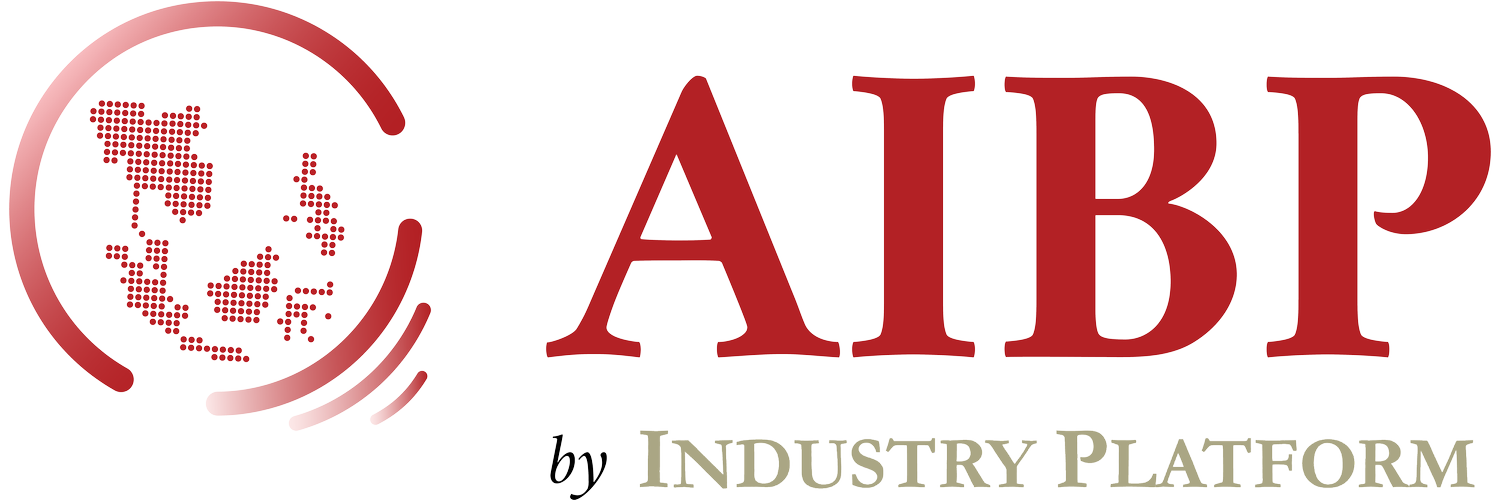The Digital Transformation Trifecta: AI, Data, and Culture
Key stakeholders gathered in the AIBP Working Group to align on one critical point: innovation won't stick unless it’s built on three pillars. For transformation to succeed in Thailand, organizations must prioritise AI implementation, ensure Data Integrity is foundational, and commit fully to Cultural Change.
Balancing AI Innovation with Trust
In AIBP’s latest innovation survey, Artificial Intelligence (AI) is clearly the top investment priority, with 68-69% of enterprises across ASEAN and Thailand prioritising AI/ML adoption. Leaders see massive potential in using AI to automate tasks like software testing and regulatory processing.
However, this enthusiasm is tempered by significant concerns that directly impact user adoption and trust:
Top Risk: In the same AIBP innovation survey, data privacy and security emerged as the number one challenge for 72.1% of Thailand enterprises deploying AI.
Ethical Concerns: The group stressed the inherent risks of using public Large Language Models (LLMs) in highly regulated sectors, underscoring the need for responsible and ethical AI practices.
Enabling Infrastructure: For AI to be a trusted "servant," leaders agreed that building a robust foundation—including shared GPU resources and secure data exchange architectures—is critical.
Data Integrity Versus Legacy Systems
Before advanced AI can succeed, the audience recognised that fundamental technical obstacles must be cleared.
Data Integrity as the Bedrock
The recurring problem is data quality, often summarised by the "garbage in, garbage out" principle. Leaders shared struggles with data that is fragmented, stored in old formats, or compromised at entry due to insufficient training.
Establishing strong data governance and ensuring data lineage (tracking data history) are non-negotiable first steps before analytics and AI can be effectively leveraged.
Modernising Aging Infrastructure
Legacy systems pose a major barrier to 35.3% of Thailand enterprises embarking on their digital transformation journeys. The poor user experience of outdated interfaces (like "green screens") negatively affects employee morale and productivity. The agreed-upon strategy isn't outright replacement but rather offloading workloads to smarter, agile platforms (like cloud infrastructure) for scalability and better user interaction, while keeping the old system as the core "system of record."
"Technology is now the core competitive differentiator for every business—from hospitals to insurance. But the pressure for speed often tempts us to compromise on quality. We must step back and recognise that success requires balancing speed with stature, ensuring we scale with the right level of data integrity." - Damien Wong, Senior Vice President, APAC (Asia-Pacific & Japan) at Tricentis
Culture as the Driver for Adoption Success
Perhaps the most significant hurdle is cultural, not technical. Leaders noted that user resistance and overcoming the inertia of "the old style of working" are often greater challenges than implementing the technology itself.
To successfully drive adoption and win over skeptics, the group identified practical change management strategies:
Demonstrate Value Early: Start by solving known pain points with practical wins, such as using voice-to-text to cut down on administrative work for busy professionals.
Foster Innovation: Create dedicated forums, like an "innovation clinic," where employees can safely bring forward new ideas and consult with transformation teams.
Maintain Strategic Alignment: Utilise an enterprise architecture blueprint to ensure all new projects serve the company’s overarching vision, preventing fragmented, piecemeal efforts.
Conclusion & Unified Path Forward
The working session crystallised a clear, interconnected path forward based on these three pillars:
Data Governance First: Re-establishing a focus on cleaning and structuring foundational data to ensure its reliability before advancing to complex AI projects.
Develop Responsible AI Frameworks: Creating internal guidelines to maximise AI's power while strictly safeguarding sensitive information and ensuring ethical compliance.
Champion Cultural Change: Investing heavily in change management, securing top-down support, and clearly communicating the tangible benefits of new tools to overcome human inertia.
The AIBP will be hosting more targeted topics, beginning with Mobile Application Security this Friday, and if you’d like to find out more, please feel free to contact us at aibp@industry-platform.com
